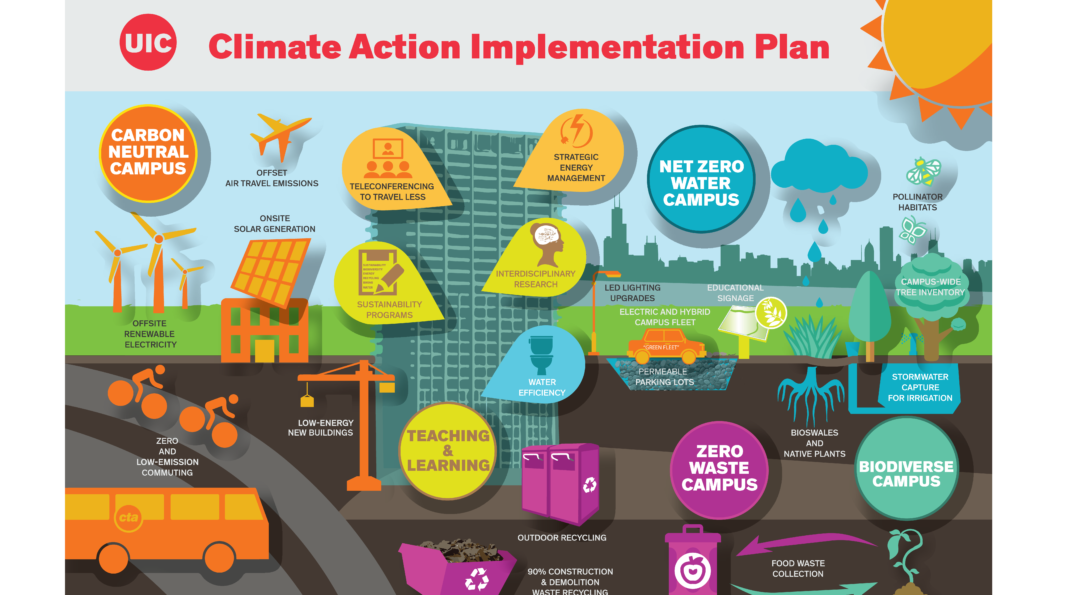
Climate change remains one of the most pressing challenges of our time, necessitating a multifaceted approach to mitigate its impacts and foster a sustainable future. This article explores innovative strategies for combating climate change, showcasing success stories and examining future prospects for effective action.
1. Renewable Energy Transition: A Paradigm Shift
The transition to renewable energy sources is a cornerstone in the fight against climate change. Countries around the world are increasingly investing in solar, wind, and hydroelectric power.
Success Story: Denmark has been a pioneer in wind energy, achieving over 50% of its electricity from wind turbines. This shift has not only reduced carbon emissions but also spurred economic growth through job creation in the green energy sector.
Future Prospects: Advancements in energy storage technology and grid integration are expected to enhance the efficiency and reliability of renewable energy systems. Innovations such as floating solar farms and offshore wind turbines hold promise for expanding renewable energy capacity.
2. Sustainable Agriculture: Cultivating Change
Agriculture significantly contributes to greenhouse gas emissions, but sustainable farming practices offer a path to reducing its environmental impact.
Success Story: The introduction of regenerative agriculture practices in the U.S. has shown promising results. Farmers adopting no-till farming, cover cropping, and rotational grazing have improved soil health and sequestered carbon, leading to reduced emissions and enhanced biodiversity.
Future Prospects: Precision agriculture, powered by AI and data analytics, is poised to optimize resource use and minimize waste. Advances in crop genetics and soil management techniques are expected to further enhance the sustainability of agricultural practices.
3. Urban Green Initiatives: Building Sustainable Cities
Cities are major contributors to climate change, but they are also key players in implementing innovative solutions.
Success Story: The city of Singapore has integrated green roofs and vertical gardens into its urban planning, improving air quality and reducing the urban heat island effect. The city’s commitment to green infrastructure has set a benchmark for other urban centers.
Future Prospects: Smart city technologies, such as IoT sensors and AI-driven traffic management, are expected to enhance urban sustainability. Initiatives like zero-energy buildings and green transportation networks will play a crucial role in creating eco-friendly urban environments.
4. Circular Economy: Redefining Waste Management
The circular economy model focuses on minimizing waste and maximizing resource efficiency, offering a sustainable alternative to the traditional linear economy.
Success Story: The Netherlands has made significant strides in circular economy practices, with companies like Philips implementing product take-back programs and designing products for disassembly and recycling. This approach has reduced waste and promoted resource recovery.
Future Prospects: The development of advanced recycling technologies and the adoption of circular economy principles across various industries are expected to drive significant environmental benefits. Innovations in material science and waste-to-resource technologies will further support this transition.
5. Carbon Capture and Storage (CCS): Mitigating Emissions
Carbon capture and storage (CCS) technologies aim to capture carbon dioxide emissions from industrial processes and store them underground, preventing them from entering the atmosphere.
Success Story: The Sleipner project in Norway is a leading example of CCS in action. Since 1996, the project has successfully captured and stored over 20 million tons of CO2 from natural gas production, demonstrating the feasibility and effectiveness of CCS.
Future Prospects: Continued research and development in CCS technology are expected to reduce costs and increase scalability. Innovations such as direct air capture and utilization of captured CO2 for commercial applications will further enhance the impact of CCS.
6. Climate Policy and International Cooperation: A Unified Effort
Effective climate action requires strong policies and international collaboration. Governments, organizations, and nations must work together to implement and enforce climate policies.
Success Story: The Paris Agreement represents a landmark achievement in global climate policy, with countries committing to limit global warming to well below 2 degrees Celsius. The agreement has spurred national climate action plans and fostered international cooperation.
Future Prospects: The success of climate policies will depend on enhanced ambition and commitment from all stakeholders. Upcoming international climate conferences and agreements will play a crucial role in shaping the future of global climate action.
Conclusion
Innovative strategies for combating climate change are transforming the landscape of environmental protection and sustainability. Success stories from renewable energy transitions, sustainable agriculture, urban green initiatives, circular economy practices, and carbon capture demonstrate the potential for positive change. Looking ahead, continued innovation, policy support, and international cooperation will be essential in addressing the challenges of climate change and securing a sustainable future for generations to come.

